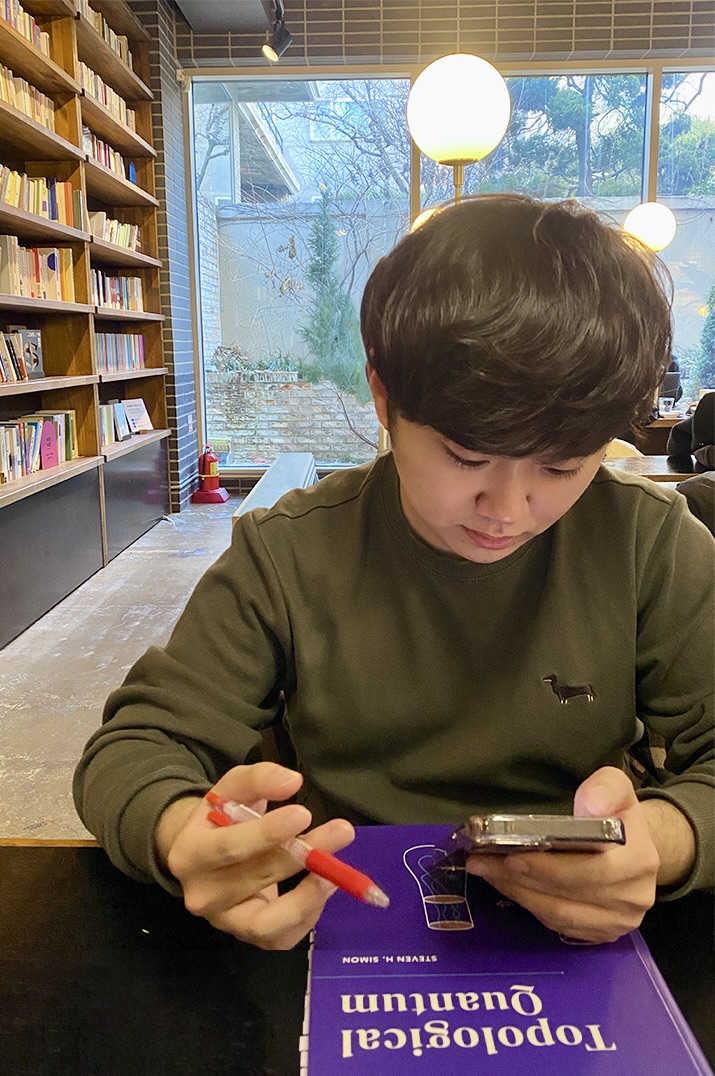Junseo Lee

About Me
Hello! I’m Junseo Lee (also known as Harris).
I received my bachelor’s degree in Electrical and Electronic Engineering from Yonsei University, fully supported by the Hyundai Motor Chung Mong-Koo Foundation. I am currently fulfilling my mandatory national service through an alternative program, working as a research scientist in theoretical quantum computing.
Since my undergraduate years, I have been a member of the Quantum Information Theory Group at the Research Institute of Mathematics, Seoul National University, where I first worked as a research assistant and now continue as a research affiliate. For more details, you can find my Curriculum Vitae (CV).
Contact: For collaborations or research discussions, feel free to reach out at:
📧 harris (dot) [first name, all lowercase] (at) gmail.com
You can also find me on LinkedIn, Google Scholar, and on X (formerly Twitter).
I also maintain the Quantum Learning Theory Zoo, a curated reference page collecting key works in quantum learning theory. If you’re interested in this rapidly growing field, feel free to explore and share it!
Research Interests
Recently, my primary research focuses on the following topics:
- Quantum tomography, learning, and many-body theory
- Quantum complexity theory
- Quantum algorithms
- Quantum Shannon theory
- Quantum information processing with bosons
I am also broadly interested in theoretical computer science, mathematical physics, and computational topology. For a detailed overview of my research directions, please refer to my publications.
Recent Papers
-
Optimal certification of constant-local Hamiltonians
Junseo Lee†, Myeongjin Shin
arXiv:2512.09778 (2025). -
Efficient learning of bosonic Gaussian unitaries
Marco Fanizza, Vishnu Iyer, Junseo Lee†, Antonio Anna Mele, Francesco Anna Mele
Accepted as a contributed talk at QIP 2026. arXiv:2510.05531 (2025). -
Resource-efficient algorithm for estimating the trace of quantum state powers
Myeongjin Shin✻, Junseo Lee✻, Seungwoo Lee, Kabgyun Jeong
Quantum 9, 1832 (2025).
Recent Teaching
This winter, I will teach a new course on Quantum Learning Theory for Bosonic Systems!
I recently taught Quantum Learning and Complexity Theory (Summer 2025) and led the Quantum Complexity Theory Reading Group (Fall 2025).